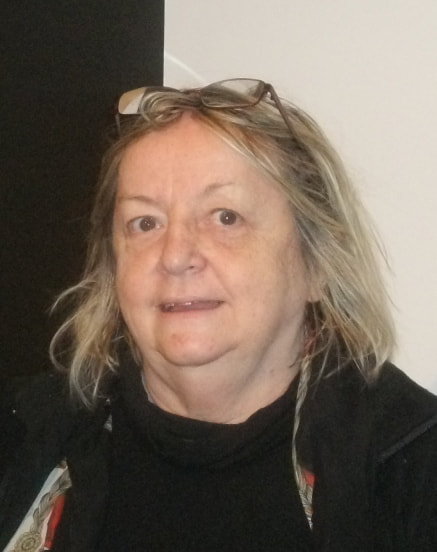There’s a model used in alcohol and other drug work, Prochaska and Di Clemente’s ‘Stages of Change’ model, which helps to track people’s movement from not identifying the need for change (the pleasures are greater than the pains); to contemplating change as the pleasure being gained was waning and the pain and problems attached to deciding to change increasing; followed up by a decision to change, preparing for the change, making the change or changes and hopefully, maintaining the change for a long period.
The model reminds us that relapse is common at any stage, that the average number of attempts to change is seven…. that quitting is indeed ‘Hard Work’. It's hard work for people trying to quit or even reduce substance use, it's also hard work for those working to support their efforts to change.
Later I taught people who would work with people dependent on alcohol and other drugs. At the beginning of our classes I asked them to give up something they loved for a week and to write a journal about the experience. We laughed as they read out their journals the following week… quitting was so hard!
I participated in the activity, choosing yet again to try to give up coffee. I had ‘made myself’ drink coffee (“ugh”!) as a student at Monash University in the late 1960’s… and despite trying many times I’ve barely stopped ever since. I usually reported that I had, in fact binged on Day 1, had reverted to substitution of decaffeinated coffee on Day 3, and hadn’t manage to quit at all by Day 7.
I also read out to them a piece by legendary Australian writer Henry Lawson who was dependent on alcohol for most of his adult life to help them to better understand people who struggled to quit…. I’m adding it below for you to read.
Before I go … I’ve just had a cup of coffee, and think I’ll have another one!...
Beverley
..........
Dear Bulletin
I’m awfully surprised to find myself sober. And, being sober, I take up my pen to write a few lines, hoping they will find you as I am at present. I want to know a few things. In the first place: Why does a man get drunk? There seems to be no excuse for it. I get drunk because I am in trouble, and I get drunk because I’ve got out of it. I get drunk because I’m sick, or have corns, or the toothache: and I get drunk because I’m feeling well and grand. I get drunk because I was rejected; and I got awfully drunk the night I was accepted. And, mind you, I don’t like to get drunk at all, because I don’t enjoy it much, and suffer hell afterwards. I’m always far better and happier when I’m sober, and tea tastes better than beer. But I get drunk. I get drunk when I feel that I want a drink, and I get drunk when I don’t. I get drunk because I had a row last night and made a fool of myself and it worries me, and when things are fixed up I get drunk to celebrate it. And, mind you, I’ve got no craving for a drink. I get drunk because I’m frightened about things, and because I don’t care a damn. Because I’m hard up and because I’m flush. And, somehow, I seem to have better luck when I’m drunk. I don’t think the mystery of drunkenness will ever be explained – until all things are explained, and that will be never. A friend says that we don’t drink to feel happier, but to feel less miserable. But I don’t feel miserable when I’m straight. Perhaps I’m not perfectly sober right now, after all. I’ll go and get a drink, and write again later.
Henry
An edited version of 'I Quit', written for the class in 2015
Suggested Reading... Henry Lawson - Poet of the People - the Battle with the Bottle https://www.sl.nsw.gov.au/stories/henry-lawson-poet-people/hard-times


